Motivation for Learning
This week I am attending the NZ Literacy Association Conference in Tauranga. Apart from the weather being more Wellington than Bay of Plenty, it’s a good place to be. One of the best things about this conference is being surrounded by people who share one of my greatest passions - teaching children to read and write. This conference provides a great opportunity to reflect on what we currently do at Ridgway and find out what others are doing elsewhere.
Monday - Motivation and Challenge
Today I was reminded about the importance of motivation and engagement. When children are interested in what they are doing, and want to keep doing it, they are able to develop skills and enjoy success. When a task is engaging, we will stick at it, even when it is difficult. This is true of any activity. It is also true for reading and writing.
Digital motivations
Many children are highly motivated to read and write when they can use technology to do so. Incorporating meaningful use of technology to support literacy learning is no longer a nice thing to do, it’s an essential thing to do.
There are now a number of reading resources available for middle and senior school children which tap into children’s enthusiasm for technology while supporting them to develop essential comprehension skills. These have been proven as highly effective at raising reading achievement and also seem to be very easy for teachers to use. I am sure that Ridgway teachers and students will be very keen to get their hands on some of these.
Challenge is motivating
Today I also heard about the new direction being taken by the editors of the “Ready to Read” series. These are the books supplied by the Ministry of Education for teaching junior children to read. The series has undergone a major review and as a result we will notice some changes in these ‘reading books’ that could make them both more challenging and easier to read. Some of the changes include; more text per page, full sentences rather than just two or three words at the earliest levels, less repetition, better text and picture alignment, and more everyday use of language.
The editors believe that these changes will provide greater challenge, but in meeting these challenges (with teacher and parent support) children will experience greater motivation and will achieve more success.
If you have children in the junior school, look out for these new Ready to Reads.




Find us on Facebook
Copyright 2020 Ridgway School | Contact Us | Designed by Expert and Powered by MoST
Playground design by Mark Newdick, Photography by Andy Spain